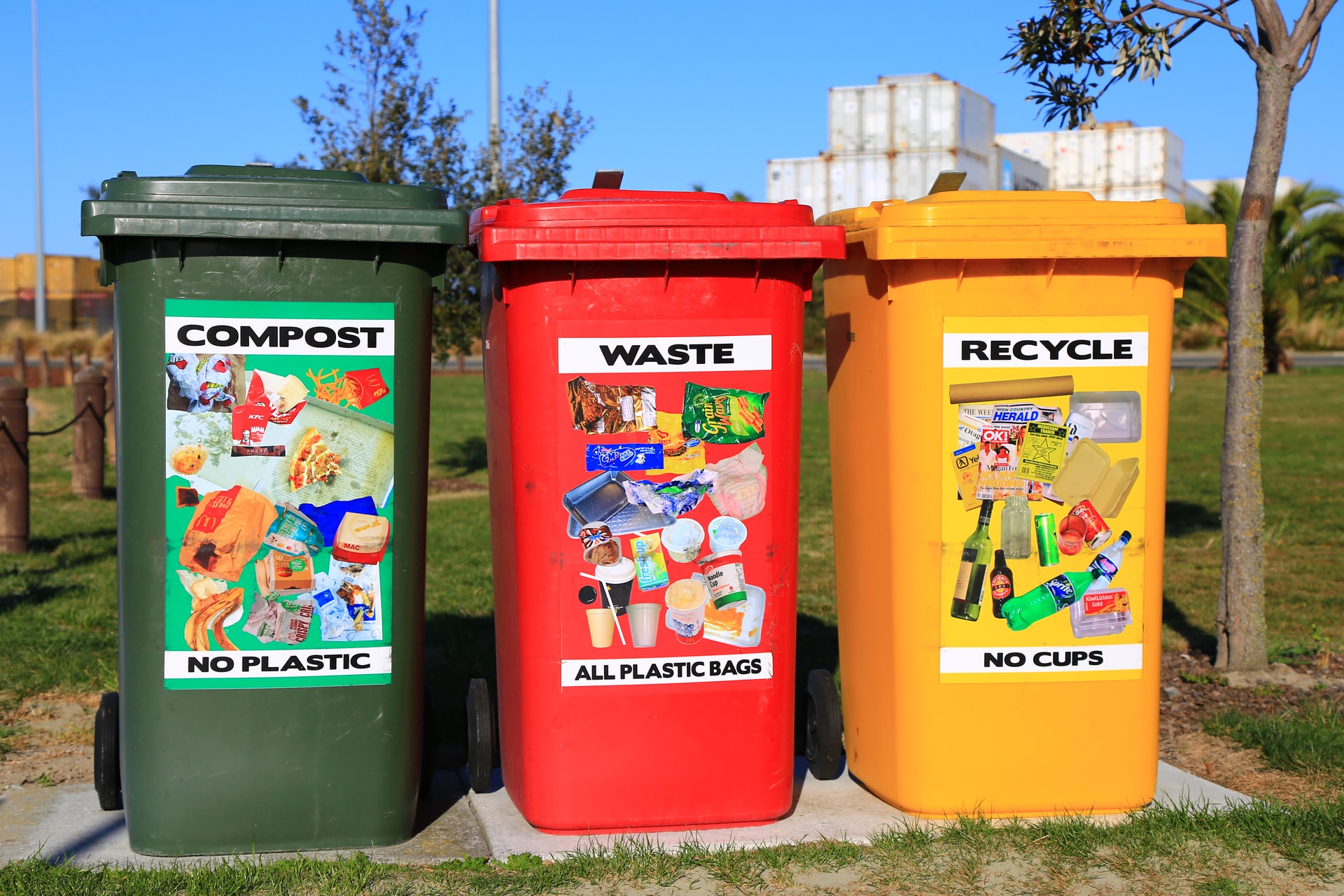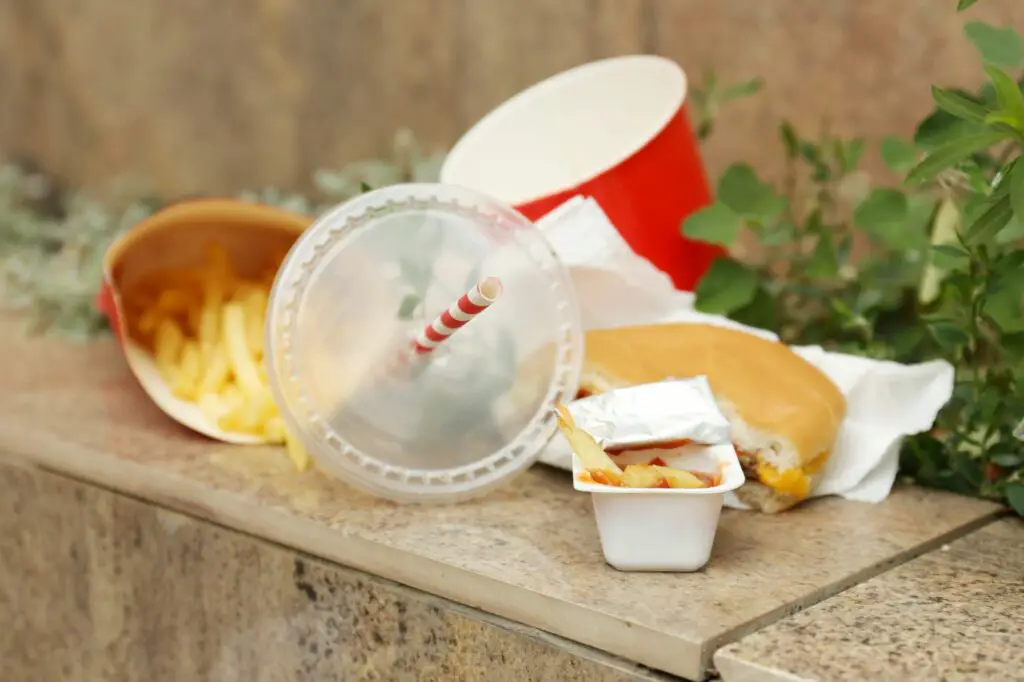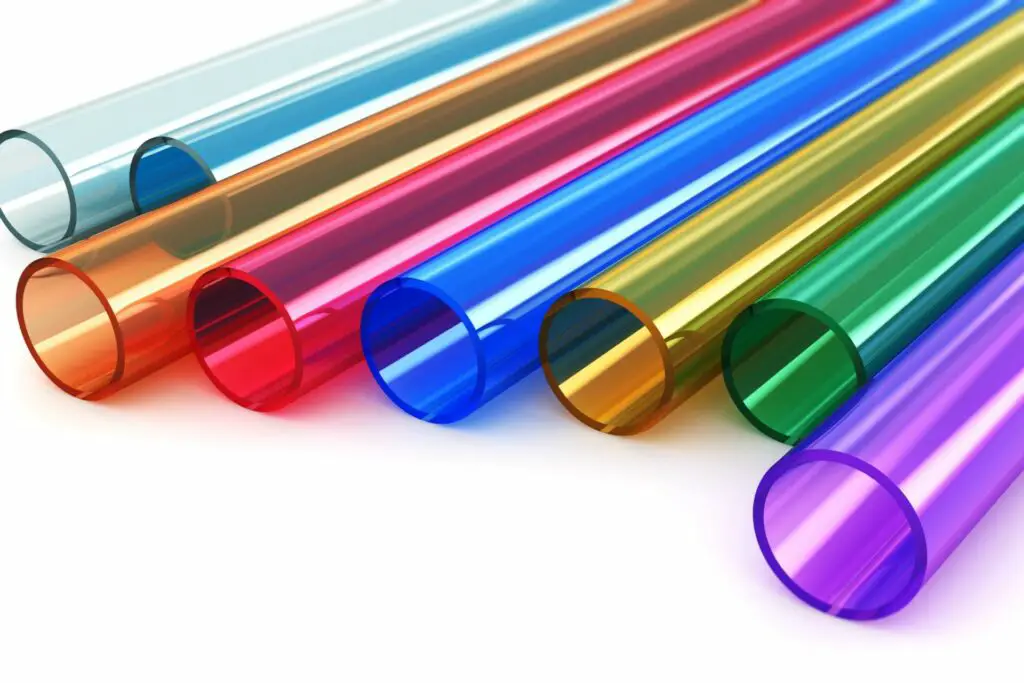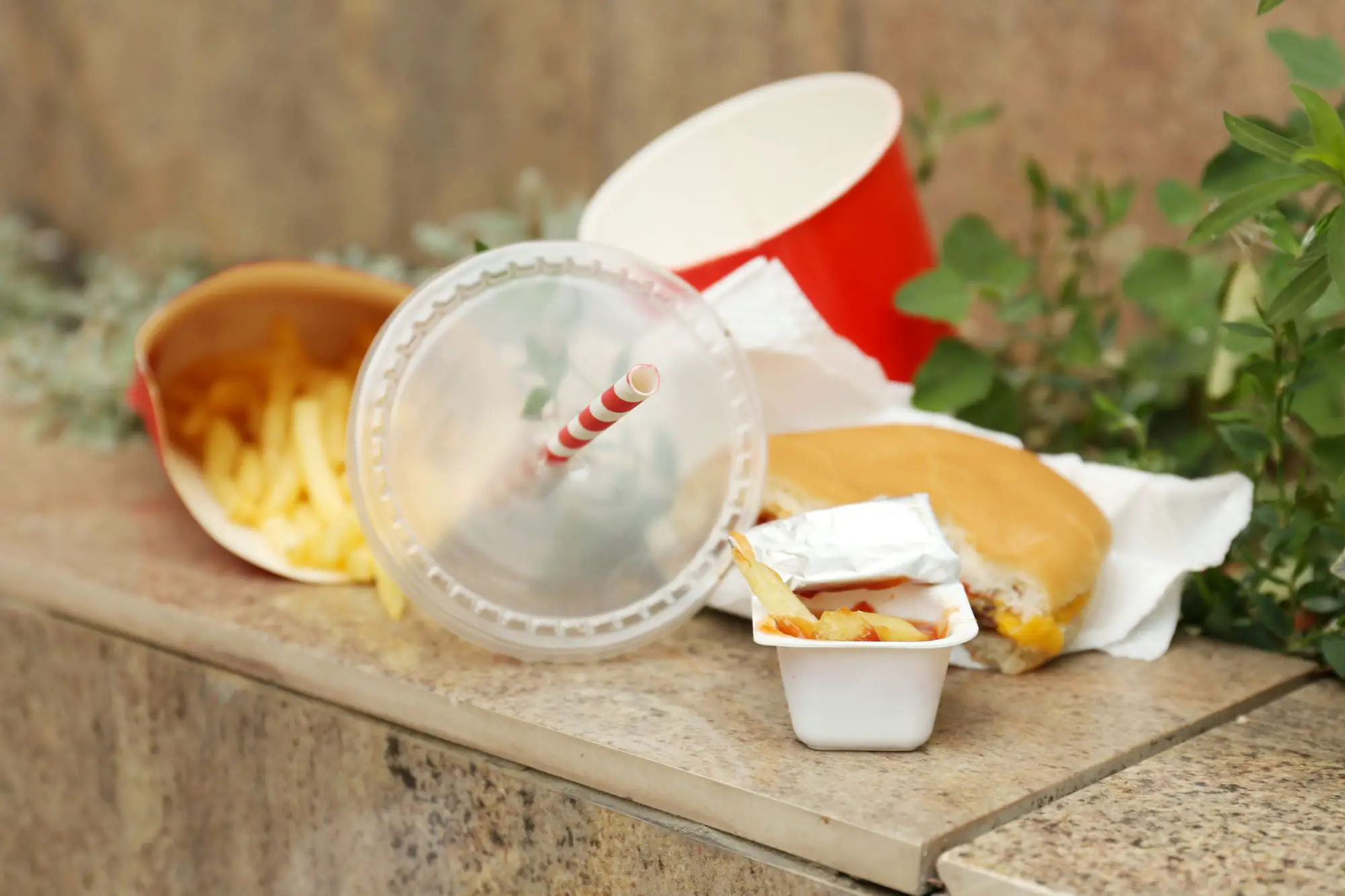As more people around the world are trying to live a more eco-conscious lifestyle, recycling is one of the easiest changes that they can think of to make.
However, the desire to start recycling does come with hesitations.
Concerns about the cost and availability of recycling opportunities in their community are often at the forefront of their decision-making.
Unfortunately, there’s not a one-size-fits-all answer.
The cost of recycling varies depending on where you live.
Some places offer free recycling pick up at your home or free drop off at a recycling center, while others charge a small fee.
Even if your community does have a free recycling program, it costs money to maintain programs and recycling centers.
In this article, we’ll explore whether or not recycling really is free and if not, where the money comes from to pay for it.
We will also look at the different options that are available for recycling and any costs associated with them.
Is Recycling Collected For Free?
Whether or not recycling is collected for free depends largely on where you live.
Some cities and communities have recycling programs in place that are free of charge for residents.
However, with these free recycling programs, there are rules and restrictions in place.
Rules and restrictions are necessary in order for the programs to work as intended and remain free.
Sometimes, they aren’t all put in place by the city, but by the recycling center that the recycling will be taken to.
The rules and restrictions vary depending on where you live, but there are some common ones that are standard no matter where you live.
Restrictions are usually placed on:
- What you can recycle for free
- When the recycling can be picked up
- Where to place your recycling bin
For safety reasons, some of these restrictions include not placing your bin within a certain distance of mailboxes, utility poles, and vehicles.
Even though recycling in some cases is free, violating the rules can result in a fine or fee.
If your community doesn’t offer free recycling, companies such as TerraCycle offer free recycling programs funded by businesses that you can participate in.
Are There Areas Where Recycling Collection Is Not Free?
While some places do offer free recycling, other places charge a weekly, monthly, or quarterly fee that is usually included in your cost for garbage pickup.
The cost varies depending on where you live and the company that your city or community uses.
Even if your city or community does not offer any recycling pickup, there are independent companies that do that you can pay to come to your home.
The average cost to use a recycling pickup service ranges between $5 and $25 a month, which includes the rental of one or multiple recycling bins and the fee for picking them up.
The cost varies depending on several factors, including:
- How frequently your recycling is picked up
- How much recycling you have
- What kind of recycling you have
Some companies even have a limit as to how much recycling they will pick up, and may charge extra for exceeding that limit.
Can I Drop Off My Recycling At Facilities For Free?
Most cities and recycling centers do offer free drop off at recycling bins that are placed around the city.
However, there are limitations to what you can drop off for free at recycling facilities, and what you can drop off varies by location.
Most facilities have recycling bins for:
- paper
- cardboard
- glass bottles and jars
- plastic bottles and jars.
Except for cardboard, items in any other category usually have to be bagged to make it easier for recycling crews to empty the bins and process them.
Are All Types Of Recycling Trash Accepted Free Of Charge?
Paper (such as newspapers and mail), cardboard, and both plastic and glass bottles are usually included in free pickup or accepted at recycling drop off locations.
Paint cans and batteries, scrap metal, plastic bags, styrofoam, household glass, and textiles are typically not included in free recycling pickup or accepted free of charge at recycling drop offs.
This is because either these materials can’t be properly recycled, the costs associated with recycling them would be too large, or they are hazardous to the environment.
Scrap metal is usually too large to be picked up and processed by recycling centers, but there are other places where you can take scrap metal for free.
For textiles and other household items that can’t be recycled as easily, typically there are separate drop off locations that take them to goodwill or thrift stores.
For things such as paint cans, batteries, and automotive fluids, these usually have to be taken to a landfill or separate drop off location where they can be disposed of properly. A fee is usually charged.
Who Pays For The Recycling Cost?
Even if your city does offer free recycling, recycling itself isn’t free.
There are numerous costs associated with picking up and processing recycling, including equipment and maintenance.
Sometimes the costs can exceed what the value of the recycled materials are worth.
Recycling pick up and drop off programs have to be funded in other ways in order for them to remain free or at a low cost.
There are two main ways that recycling is funded: locally and through state and federal sources.
With regard to local funding, “free” recycling is usually paid for through city or county taxes, with money that you as a citizen pay for living, shopping, or dining in that community.
If a person pays for recycling as a utility or through a recycling pick up company that isn’t affiliated with their city, the cost is paid for directly by that person in exchange for the pick up.
But local funding doesn’t always provide enough money to cover the entire cost of recycling.
In the event that local funding isn’t enough, cities and businesses can reach out to their state and federal governments for more money provided through grants or loans.
Grants don’t have to be paid back, but are usually based on financial need and merit.
Loans do have to be paid back, which can result in costs that are paid by the consumer being raised, usually in the form of higher taxes or increased pick up fees.
Does The Government Subsidize Recycling?
A subsidy is a benefit given to an individual or group of people for the purpose of promoting the economy or social wellbeing.
In most cases, the government does subsidize recycling, especially for businesses. But again, it just depends on where you live.
The two most common types of government subsidies come in the form of start-up grants and fund-matching grants.
With start-up grants, a government agency will provide the funds needed to start a recycling program as long as certain eligibility requirements are met.
With fund-matching grants, the entity that receives the funds must match a certain percent of the funds that are given to them.
Either way, government subsidies are one of the most common ways that communities, businesses, and recycling programs receive the necessary funding to pay for the costs associated with recycling.
Conclusion
The bottom line is that whether or not recycling is free depends on where you live.
Even if recycling is free where you live, it isn’t really free.
It is paid for with either your own money through taxes or through state and federal funds.
If your community doesn’t offer free recycling pickup, don’t let it discourage you from recycling.
Usually recycling pickup is very affordable for the consumer, or it can be dropped off for free at different locations around your community.
If you really want to recycle but don’t have many options where you live, you can always research free recycling programs online that can help you.
You Might Also Like…
- Is Fast Food Bad for the Environment? (& What You Can Do)
- Is Fabric Softener Bad for the Environment? (+5 Eco-Friendly Options)
- Is Fuel Dumping Bad for the Environment? (& How Often It Happens)
- Is Electricity Generation Bad for the Environment? (What You Should Know)
- Is Dry Cleaning Bad for the Environment? (4 Surprising Facts)
- Is Diamond Mining Bad for the Environment? (Important Facts)
- Is DEET Bad for the Environment? 4 Effects (You Should Know)
- Is Cat Litter Bad for the Environment? (5 Common Questions)
- Is Burning Cardboard Bad for the Environment? (6 Facts)
- Is Burning Paper Bad for the Environment? (6 Surprising Facts)
- Is Burning Leaves Bad for the Environment? (7 Quick Facts)
- 4 Natural Cleaners for Quartz Countertops
- 6 Eco-Friendly Acrylic Paint Brands (For Sustainable Artists)
- 5 Eco-friendly Alternatives to Acrylic Paint (& How to Make Them)
- Is Acrylic Paint Bad for the Environment? (7 Quick Facts)
- Is Acrylic Yarn Bad for the Environment? 8 Crucial Facts
- Is Acrylic Bad for the Environment? (8 Quick Facts)
- Is Aluminum Foil Bad for the Environment? 7 Quick Facts
- Is Bleach Bad for the Environment? 6 Crucial Facts
- Is Lithium Mining Bad for the Environment? 6 Crucial Facts
































